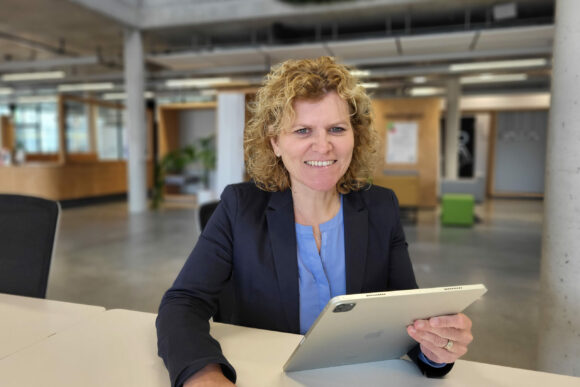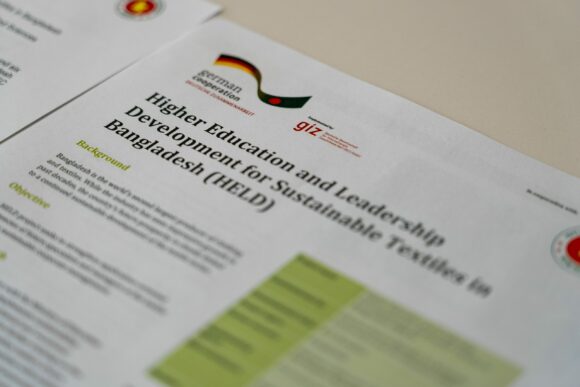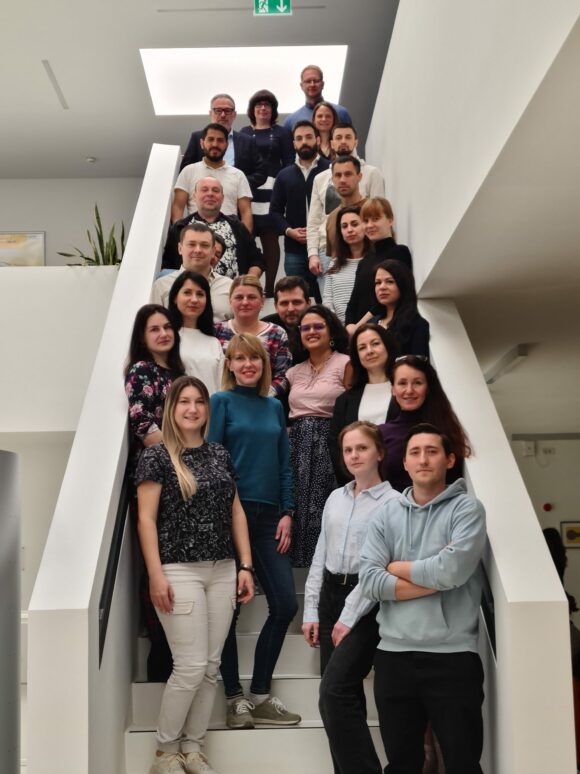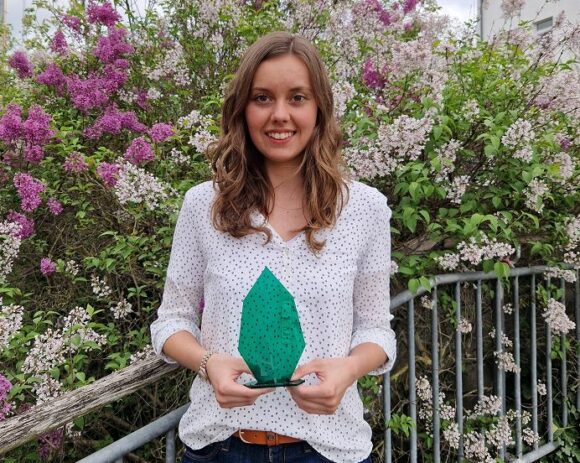In the recent past, Hof University of Applied Sciences has already clearly positioned itself in favor of classroom teaching in the current winter semester. In the wake of the energy crisis, the university now sees this view confirmed and calls on its students to come to campus in as large numbers as possible during the winter months. This would enable them to save energy in their private lives and relieve the strain on their budgets. At the same time, energy-saving measures are also planned for the campus itself.
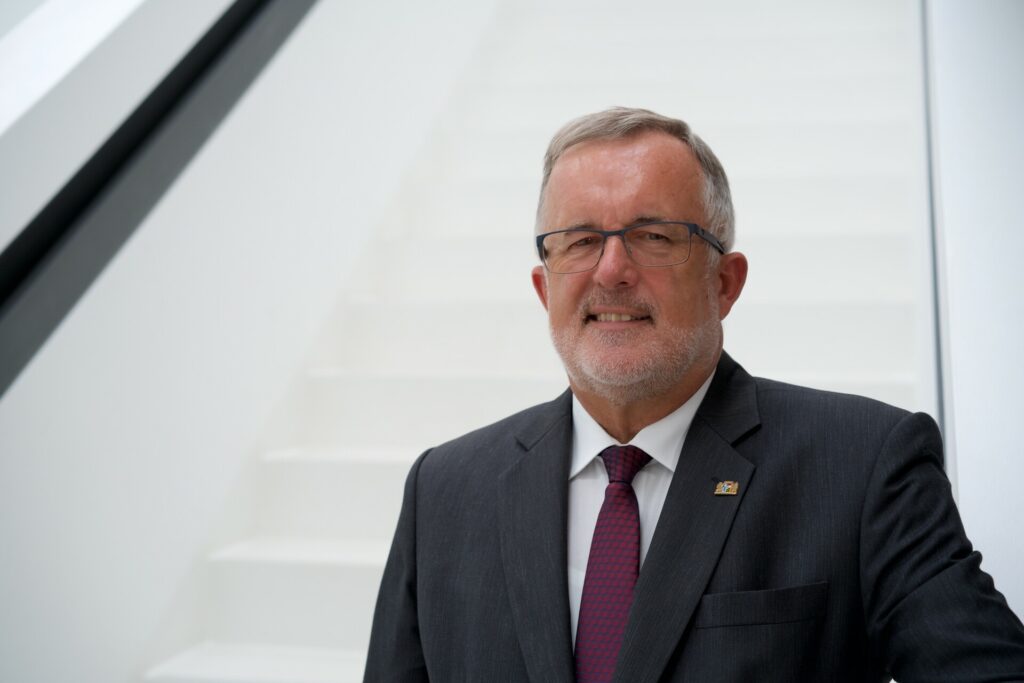
The ongoing energy crisis is a burden on private individuals, the economy and, of course, government institutions. In many cases, it has not yet been clarified, even in the state sector, who can and will pay for the skyrocketing costs. “For colleges and universities, it would be quite easy to send students back to online teaching with reference to Corona and thus minimize their own heating costs,” says Hof’s university president Prof. Dr. Dr. h.c. Jürgen Lehmann. However, this is not the way to go at the Hof campus or at the university’s other locations
We do not want to simply pass on the costs. We want to live up to our responsibility to the students and not leave them alone with the costs of the coming months. For this reason, our students are cordially invited to spend a lot of time on campus in order to be able to somewhat minimize the heating costs incurred in their private rooms.”
Prof. Dr. Dr. h.c. Jürgen Lehmann, University President
A little heating is a must
Of course, this is explicitly not a call to completely stop heating in private homes and thus encourage mold in the apartments, for example: “It is always advisable to leave the heating running at a lower level so as not to endanger the fabric of the home,” says Dr. Andy Gradel, Deputy Director of the Institute for Water and Energy Management at Hof University of Applied Sciences (iwe). It is Gradel who, in collaboration with construction experts from the university administration and his colleagues at the iwe, has developed a catalog of measures on how Hof University can nevertheless reduce its energy requirements in line with government guidelines
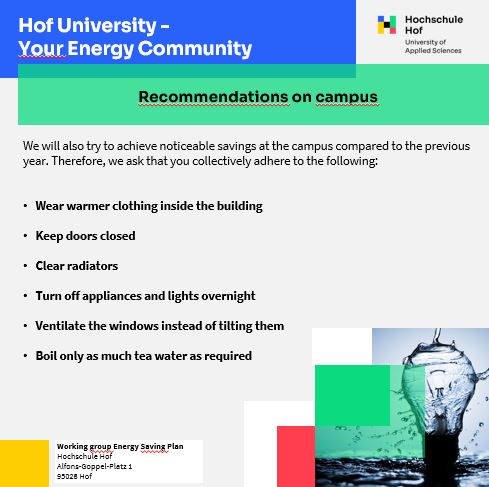
posters are displayed bilingually at all university locations;
Image: Hof University of Applied Sciences;
Among other things, various appliances and lighting should be switched off at night, the room temperature in some lecture halls, offices, corridors and toilets should be lowered slightly and doors should be closed better. In addition, windows should no longer be tilted, but only impact ventilated. The use of fan heaters, on the other hand, is to be avoided completely
To implement this, we need the help and support of students, faculty and all other employees – together, we can succeed in saving a lot of energy just through prudent behavior and innovative adjustments.”
Dr. Andy Gradel, iwe
Political planning certainty needed
Since it is not yet possible to predict how the supply situation will develop, HAW Hof is also asking politicians for further support: “As a university, we have initiated many measures to reduce our energy requirements. However, we will not close or restrict opening hours, but we see an open campus as part of our social responsibility towards the young people entrusted to us. However, the state should soon create financial planning security for colleges and universities and explain how the cost explosion in the energy sector is to be covered,” said university president Prof. Dr. Dr. h.c. Jürgen Lehmann in conclusion.




